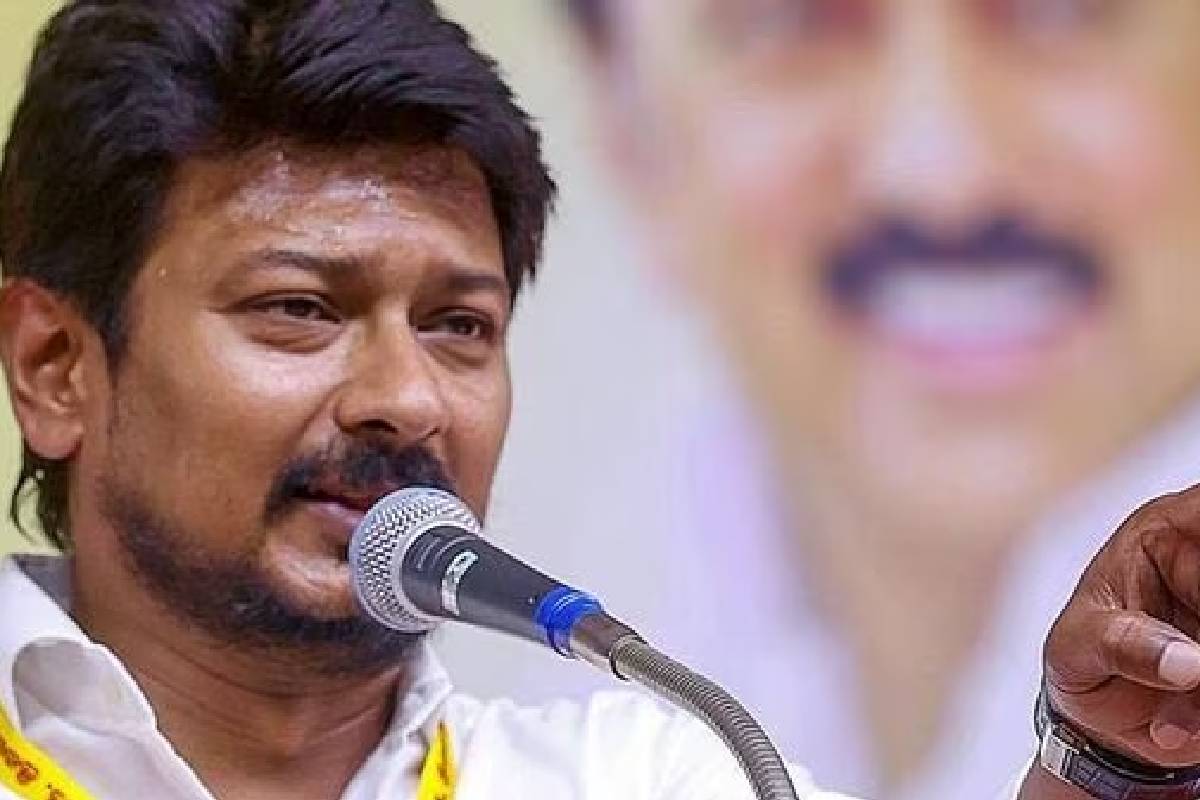The Supreme Court rebuked Udayanidhi Stalin, a leader of the Dravida Munnetra Kazhagam (DMK) and Tamil Nadu Sports Minister, for his comments in September advocating for the eradication of Sanatana Dharma, triggering widespread uproar.
During a hearing on Stalin’s petition to consolidate criminal cases against him in six states over his remarks, the bench of justices Sanjiv Khanna and Dipankar Datta criticized him for abusing the right to free speech. Bench said, “You are not a layman. You are a minister, you should have realised the consequences of your remarks.”
ALSO READ: TMC Veteran Tapas Roy resigns amid allegations, cites party discontent
Stalin’s counsel, senior advocate Abhishek Manu Singhvi, argued that the comments were made in a closed-door meeting, but the court emphasized his responsibility as a minister to consider the consequences of his words. The court expressed disapproval of Stalin’s attempt to seek protection under Article 32 after allegedly violating fundamental rights under Article 19(1)(a) and Article 25.
Singhvi cited precedents involving other public figures where the Supreme Court had agreed to consolidate FIRs, but the bench questioned the necessity of involving multiple high courts. The court highlighted Stalin’s position as a minister, emphasizing that he should be mindful of his remarks.
ALSO READ: BJP Shakeup: 33 MPs out, controversial figures axed Pre-2024 Polls
Stalin’s comments, comparing Sanatana Dharma to diseases like malaria and dengue, sparked controversy due to their derogatory nature towards Hinduism. He is the son of Tamil Nadu Chief Minister MK Stalin, who heads the ruling DMK party.
The Supreme Court postponed further hearings on the matter until March 15, considering the arguments presented and the relevance of previous judgments in similar cases. Two petitions seeking Stalin’s criminal prosecution for his remarks remain pending before the court.
Stalin’s case underscores the delicate balance between freedom of speech and the responsibilities of public officials, particularly concerning sensitive religious matters. The court’s scrutiny highlights the significance of accountability and restraint in public discourse, especially for those in positions of authority.









